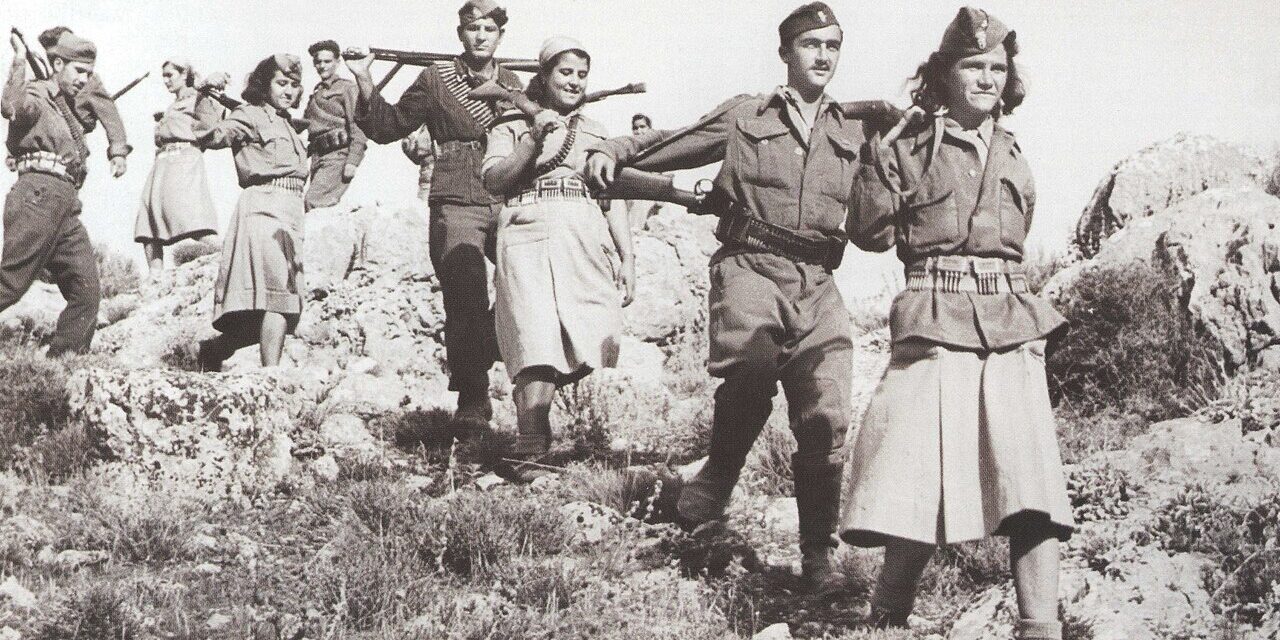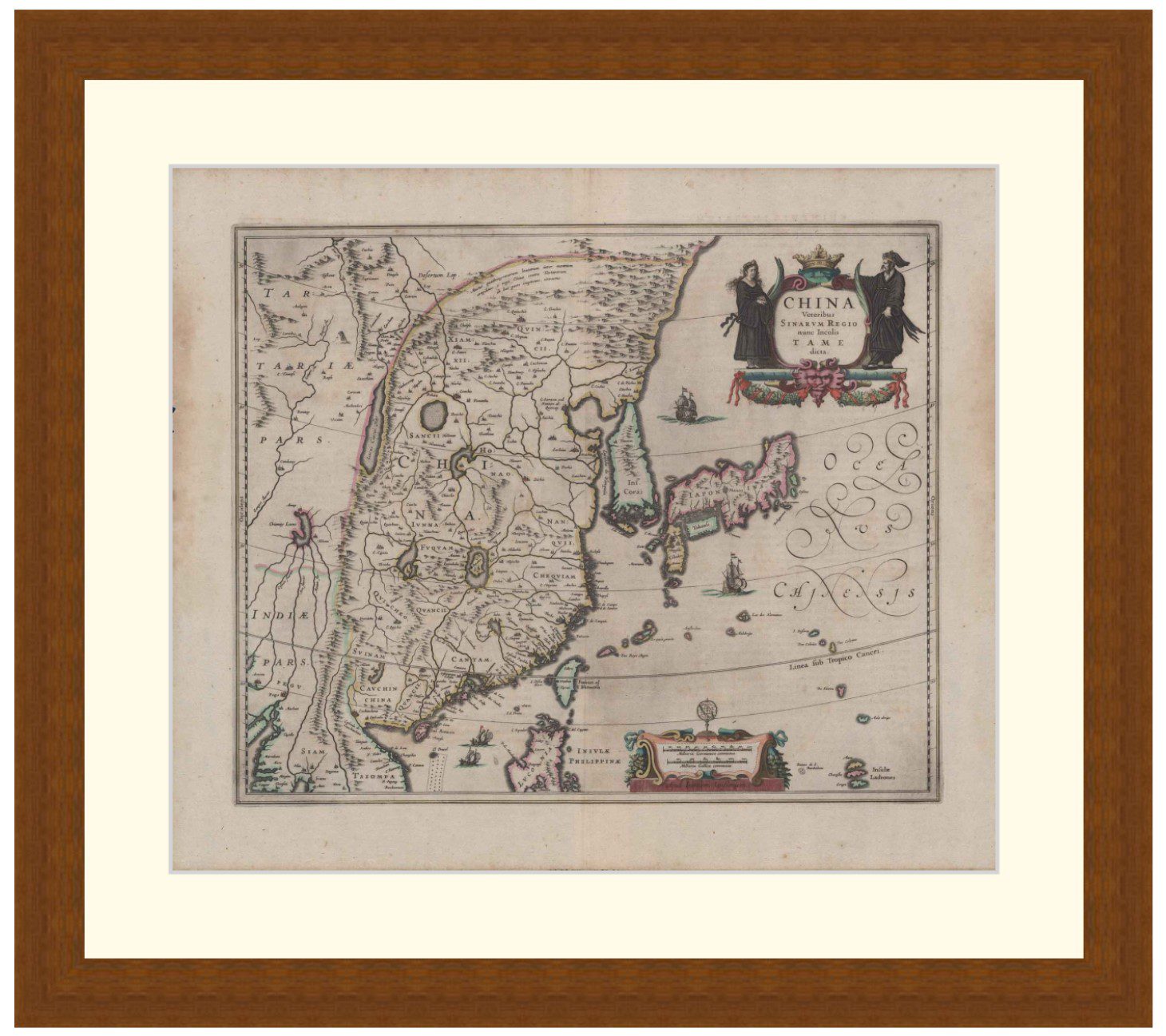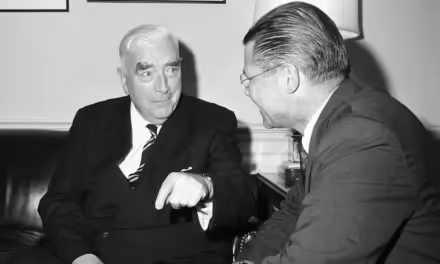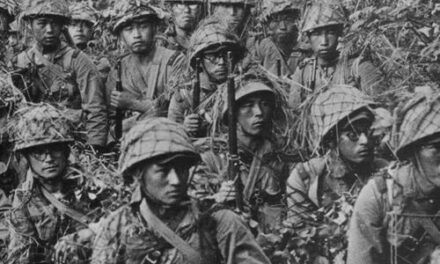Reading time: 6 minutes
When the small Greek town of Kuturla burned in 1943, teenage Sara Fortis had been on the run from German occupying forces for two years already. From the age of fourteen, she had hidden her Jewish status and worked for underground resistance movements as a nurse and teacher. But when her sanctuary burned, when she was separated from her mother, Fortis was no longer willing to hide. She was no longer willing to limit her resistance to ‘women’s work.’
By Mye Brooks.
No matter what it took, Fortis was going to take the fight to the enemy.
The partisans were any of myriad groups of guerrillas putting up a fight against the Nazis and their collaborators during World War II. Like almost any fighting force throughout history the partisans were massively male-dominated. Women made up a scant one in fifty of their number. Additionally, Jewish people were largely unwelcome in the resistance. As the primary targets of the Nazis, Jewish people were viewed as a liability by most non-Jewish partisan groups—if those communities did not actively hold antisemitic beliefs.
Even among Jewish-led groups, women were underrepresented. Of the estimated 30,000 Jewish partisans, only around ten percent were women, and very few of those women fought. Most performed domestic duties or acted in other non-combat roles. Since women were less readily identifiable as Jewish (a circumcised man was inescapably marked), they could often slip under the radar as decoys, couriers, or smugglers. Still, Fortis was determined to fight alongside her male comrades.
Looking into Fortis’ past, it is difficult to say for certain what sparked her desire to fight. Perhaps it was simply the memory of what had been taken from her—though Fortis’ father died in her infancy, her childhood is largely described as a happy one. Growing up with her mother and sister in the town of Chalkis, Greece, Fortis’ Greek identity did not conflict with her Jewish faith. Until 1941, when she was forced into hiding, she could have been described as an ordinary girl.
Thus, when it came time for Fortis to gather a troupe of comrades, she chose other ordinary girls. Traveling by donkey between small villages near her hometown, Fortis recruited girls and young women, Jewish and otherwise, to her cause. She recounts telling the girls and their families, “don’t look at the place of the woman as needing to be at home all the time. Women can also help and have a role in the resistance.”
Although these young women had come up in deeply traditional villages characterised by rigid gender roles, Fortis found success in her recruitment efforts, and returned to the partisans with thirteen girls in tow. Still, shades of reluctance remained: “they all came from homes in which a girl would never speak to a man,” she remembers. “And suddenly I was telling them, ‘you’re a partisan now.’”
Even after Fortis and her squad gained acceptance into a partisan group, the work was far from over. Fortis had to transform her new recruits into soldiers, and herself into a commander. “Every day,” Fortis recalls, “I was taught something new and then I taught it to them.”
Despite Fortis’ resolve, male leadership did not set much store by these young women’s capabilities. They were entrusted only with handguns—but even these small arms posed a challenge to Fortis’ squad. “At the beginning, they would giggle ‘ooh, will we hold that?’” Still, as their commander, Fortis did not waver, and her comrades rose beyond her high expectations. “You should have seen them after a month went by,” said Fortis. “It was like they were completely different girls.”
On their first mission, Fortis’ squad utilized diversionary tactics. They hurled Molotov cocktails, drawing Nazi attention away from an area that a group of male partisans planned to attack. The gambit paid off, with the enemy none the wiser—surely, a little group of girls couldn’t have caused the conflagration!
Still, being underestimated proved to be a double-edged sword. While it afforded Fortis and her squad substantial protection and freedom, it also kept them from being recognized for their efforts. Much of the credit went instead to their male comrades, as it was unthinkable even to them that such young women could fight so fiercely.
Living conditions among the partisans were also troubling to Fortis. Though hardship was to be expected—many partisans eked out an existence sleeping in dugouts and stealing supplies from locals—sexism placed Fortis at a disadvantage once again. She and her squad were made to sleep alongside men, and Fortis constantly worried for the safety of her troops—an anxiety that male partisans simply would not have had to shoulder.
Even in the face of disproportionate challenges, Fortis continued to succeed and was afforded greater recognition over time. While other girls and women in the resistance were addressed by name, Fortis came to be known by her rank. By the age of eighteen, fellow partisans knew her as “Kapitenissa,” or “Captain.” “I was Captain Sarika,” Fortis recalls—and her recollections speak to a great deal of admiration from her comrades. “If anyone needed anything, they would say ‘tell Captain Sarika and she’ll take care of it.’”
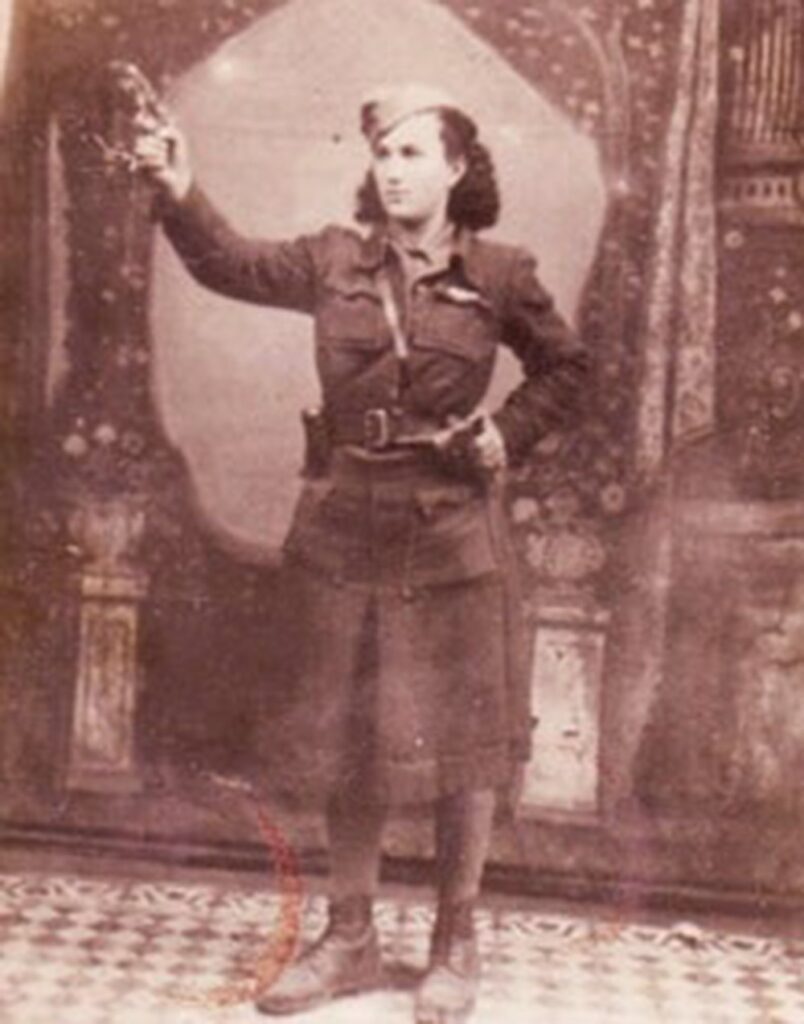
This recognition, however, proved both a blessing and a curse as Fortis became known to the enemy as well. The Nazis sent a collaborator to kill Fortis—but in a case of mistaken identity, schoolteacher Menti Moshowitz was captured instead. Moshowitz was assaulted and murdered in Fortis’ name, and when Fortis found out, she swore revenge. She hunted down the collaborator and executed him herself.
Even after they’d survived the war, Fortis and her squad struggled with their reputation. Fortis’ troops had come from small villages where the roles of women were rigidly defined. They worried that their work as partisans would prevent them from being accepted into their homes—but all were welcomed back. Fortis herself continued to work as an activist, but after being arrested by the post-war government, she settled instead in Israel.
Though Fortis was faced with overwhelming opposition from all sides, her indomitable grit carried her through. Her determination to resist oppression made her truly brave—in her own words, “fear was not in my dictionary.”
Articles you may also like
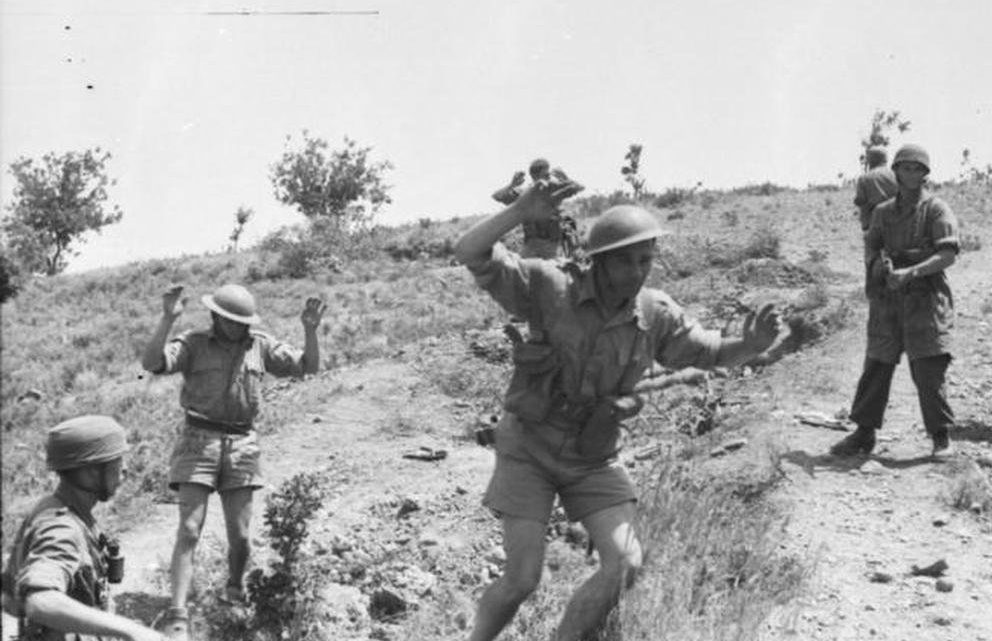
Escape from Greece – Podcast
ESCAPE FROM GREECE – PODCAST This podcast episode tells the story of Shanghai born John Robin Greaves, ‘Jack’, who emigrated to Australia in 1939 and volunteered for the Australian Imperial Force to serve overseas. The army would send Jack to the Middle East, then to Greece, where he would be captured Germans along with thousands of other […]
The text of this article was commissioned by History Guild as part of our work to improve historical literacy. If you would like to reproduce it please get in touch via this form.

